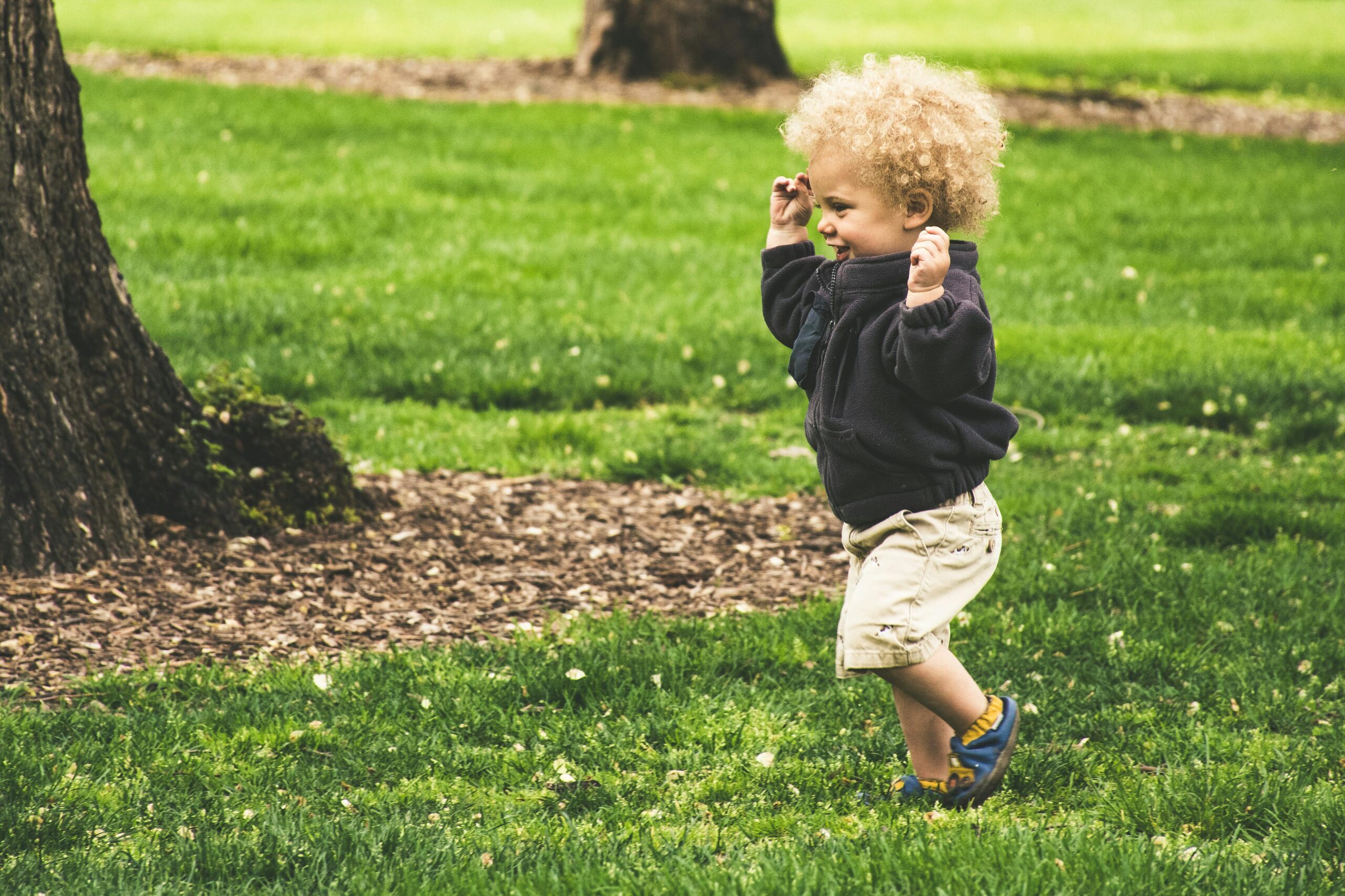What Is Adoption?
In simple terms, adoptions occur when the biological parents of a child relinquish their rights to the child, giving another couple permanent physical and legal custody of the child. Essentially, the adoptive parents become the child’s parents. Legally speaking, there is no difference between adoptive parents and biological parents. This is different from a guardianship. Adoption is also different from fostering children. When a couple acts as foster parents for the child, the child does live with the foster parents, sometimes for an indefinite amount of time. Typically, this occurs because the biological parents are currently unable to care for the children but may be able to care for them in the future. If your children are currently in foster care, there is a chance that you will be able to regain custody. However, if the foster parents are given the option to adopt the child because you’ve already relinquished your parental rights—or had them terminated—you may not be able to get those rights back.
Is It Finalized?
If you are a birth parent, you may be able to change your mind if the adoption is not finalized. Many parents know at the first positive pregnancy test that adoption is the right choice for them. If you agree to give your baby up for adoption while you’re pregnant, but you change your mind after the baby is born, you may be able to stop the adoption, assuming it wasn’t finalized. Some states have a revocation period that would allow the biological parents to revoke the adoption after it’s been finalized, but only in some situations. Typically, revocation periods are very short, as in a few days. If you want to revoke your adoption, you need to begin the process as soon as possible. If you have given up a child for adoption, and you’ve decided you want them back after it’s been finalized, such a reversal would typically be impossible outside of extraordinary circumstances.
Adoption vs Loss of Custody
Losing custody is not the same as giving your children up for adoption. For example, if you are struggling with a substance abuse disorder, and your mother has become your child’s legal guardian while you’re working on getting clean, that does not mean that your mother has adopted your child and there’s no way to get the child back. Similarly, if you have lost custody of your children and you only have supervised visitation, that does not mean that you are no longer the child’s legal parent. If you do not have custody of your child at the moment, and you have not given them up for adoption, you will likely have opportunities to get custody in the future, assuming that the circumstances that caused the loss of custody were rectified.
Disrupted Adoptions
A disrupted adoption is, in short, an adoption where the biological parents change their mind before the adoption is finalized. However, adoptive parents may also change their minds. Not all children are good fits for all families: some children have needs that the adoptive parents cannot readily accommodate. This is particularly common with children who have experienced trauma and need specialized mental health care. This can also happen in situations where a family is fostering a child and are attempting to adopt the child, however, the biological family is able to stop the adoption. However, the foster parents would not be able to initiate the adoption process unless the biological parents’ rights have already been terminated. This could be seen in a situation where the biological parents have successfully completed rehabilitation and are legally fit to provide care for their children.
Dissolved Adoptions
Dissolved adoptions typically occur when the adoptive parents no longer want to care for the child they adopted or are no longer able to care for the child. Biological parents generally do not have the ability to initiate the process of dissolving an adoption, but adoptive parents are able to do this. Dissolved adoptions are very rare and it’s often a last resort. Usually, this only occurs when it’s decided that it’s in the best interests of everyone involved. For example, if a child has extreme behavioral issues, such as aggression, and they pose a danger to the other children in the household, the adoption may be dissolved. Again, this is typically very uncommon, as adoptive parents are generally well-informed about a child’s needs prior to adoption.
When You Need Advice on Adoption
If you need advice on adoption matters, it’s important to seek out legal advice from an experienced attorney. Contact CoilLaw today to get your initial consultation set up.


